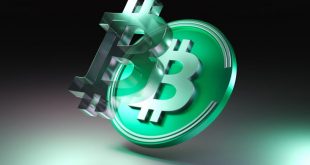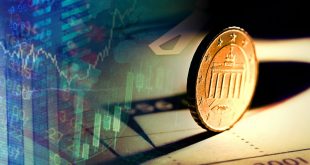The Untied States Federal Reserve is highly expected to maintain interest rates unchanged during its January meeting, which concludes later on Wednesday.
The two-day meeting is also expected to maintain the current pace of asset purchases.
Furthermore, the Fed will surely reiterate its commitment to supporting the American economy until it overcomes the Coronavirus crisis and achieve full employment and the sustainable 2% inflation target.
However, more attention will be drawn towards remarks by the Fed Chair Jerome Powell in his press conference following the release of the policy statment.
Markets are worried about Powell sounding more hawkish, with a more dovish tone almost entirely ruled out.
The Fed Chair is expected to acknowledge changes in the market since last month’s meeting, from the decline in consumer spending and the deterioration in the labor market to the overall softening in the U.S. economy due to a new wave of the pandemic.
Powell will once again assure the need for low interest rates and increased government stimulus.
Therefore, the focus will turn to the remarks concerning asset purchases.
The Fed currently buys $120 billion in bonds every month, with $80 billion worth of treasury bonds and another $40 billion in mortgage securities.
A CNBC survey showed that a majority of market experts believe the Fed will begin lowering the pace of bond buying over the next 12 months.
Some analysts believe this could be a surprise to markets, leaving a negative impact.
Previous remarks by the Fed leadership suggested the current pace of asset purchases will be maintained until the end of 2021.
Nevertheless, some experts believe that as the economy shows some rebound signs during the second and third quarters the Fed will begin reducing the purchases.
 Noor Trends News, Technical Analysis, Educational Tools and Recommendations
Noor Trends News, Technical Analysis, Educational Tools and Recommendations





